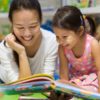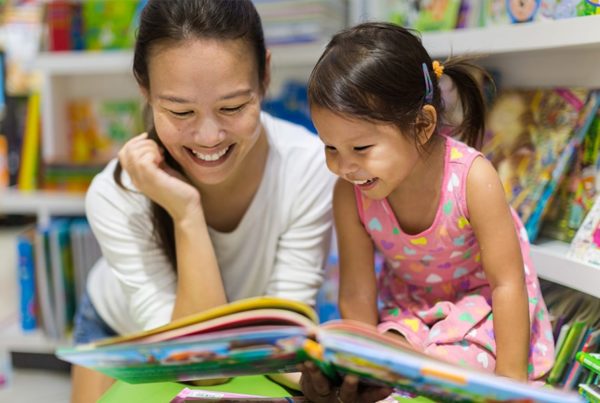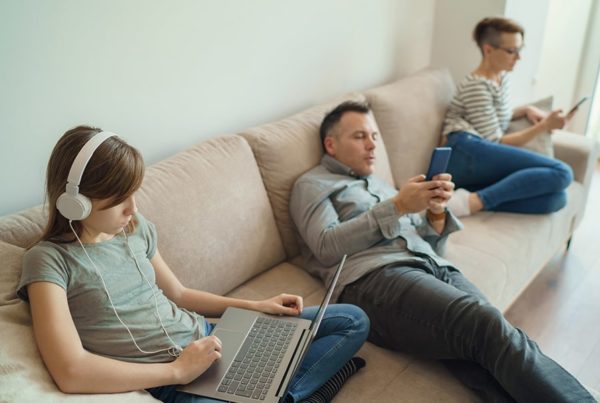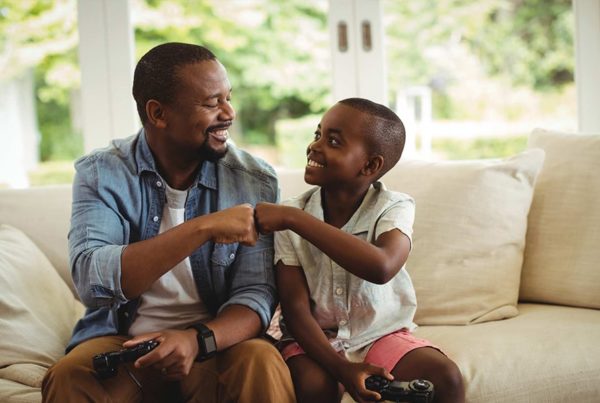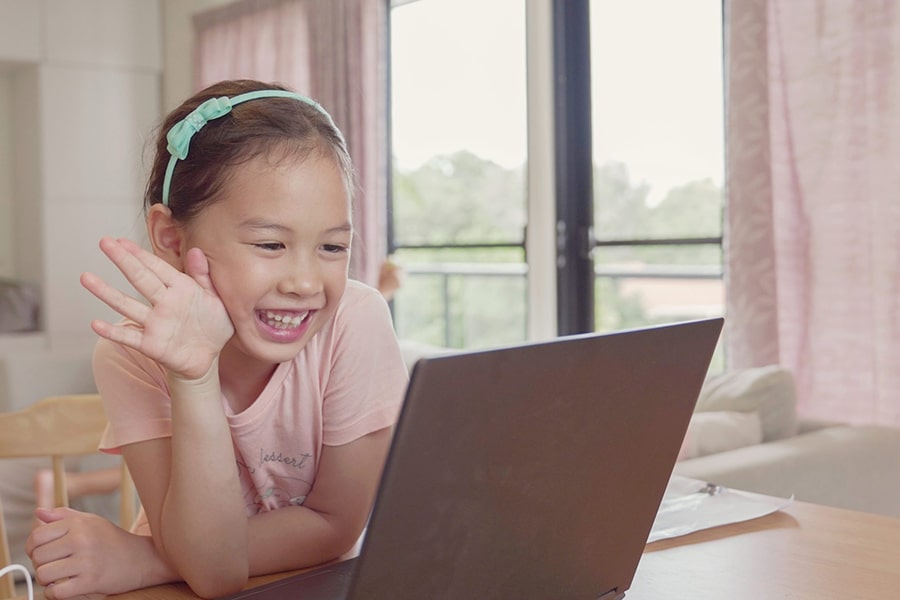
Source: Kars 4 Kids
Coronavirus Isolation: How to Help Children Feel a Little Less Lonely
Coronavirus isolation is hard on all of us because as social beings we miss being with other people. But in some ways, children suffer from lockdown much more than adults. Children are still learning how to regulate their emotions. That makes it more difficult for kids to cope with the feelings of loneliness that come from being away from their friends. Spending time with peers is also crucial to child development, as socializing with others their age is how children learn social norms. Parents can, however, help to offset the lack of close contact with friends in our children’s lives by setting up virtual group activities for them, and by helping them to voice their feelings.
Isolation is meant to keep us safe, to protect us from getting coronavirus. But there is no doubt that isolation takes a toll on mental health. Perhaps no one knows better than Team Impact the psychological and sociological effects of isolation on children. The Boston-based nonprofit serves to match sick children with university student athletes to treat the effects of isolation and depression associated with childhood illness. In other words, combatting feelings of loneliness during isolation is this organization’s chief business.
The founders of Team Impact are well aware that school, friendships, peer activities, and achieving age-appropriate milestones are the work of childhood. All of these activities affect child development in a variety of ways. When a child is isolated from friends, whether by childhood illness, or a pandemic, the usual social rhythms of childhood are interrupted, affecting a child’s social development. Survivors of childhood cancer, for example, report having fewer friends and more difficulties forming close friendships than their healthy peers. The isolation and social distancing that come with COVID-19 interfere with a child’s social life and social development in much the same way. Director of Clinical Services for Team Impact Rachel Rogovin offers the following tips to children grappling with feelings of isolation and depression due to the coronavirus pandemic stay-at-home orders:
Coronavirus Isolation Tip #1: Try (Virtual) Teamwork!
“Being a part of team can help children feel less alone. Parents should try to create new ways for children to form teams to do an activity they can do at the same time as their friends while on lockdown at home. That might be a puzzle-of-the-week team, for example, or perhaps a book club. This type of teamwork builds self-confidence, friendships, social skills, and a sense of belonging or community,” says Rogovin.
“Parents can conduct guided activities to help kids develop and enhance social connections with their team or community group during this time of social distancing. Make sure the activities you choose have key takeaways or learning objectives to ensure that the children and their teams get the maximum social-emotional benefits.”
Dr. Shelli Dry, an occupational therapist and director of clinical operations at Enable My Child, a pediatric therapy provider, suggests the usual practical solutions for school-aged children who have already established social relationships. There’s texting and video chatting, along with social media engagement, and participating in virtual events. These are all ideal ways for kids to interact with family and friends during the quarantine.
Kars 4 Kids. “Coronavirus Isolation: How to Help Children Feel a Little Less Lonely.” Epstein, Varda, 06 May 2020. <https://www.kars4kids.org/blog/coronavirus-isolation-how-to-help-children-feel-a-little-less-lonely/>.


